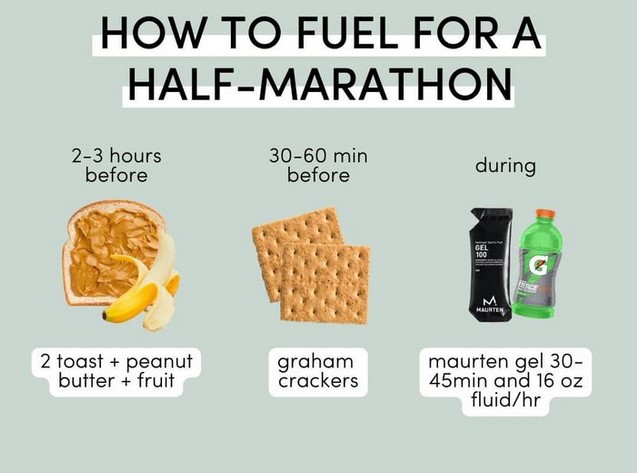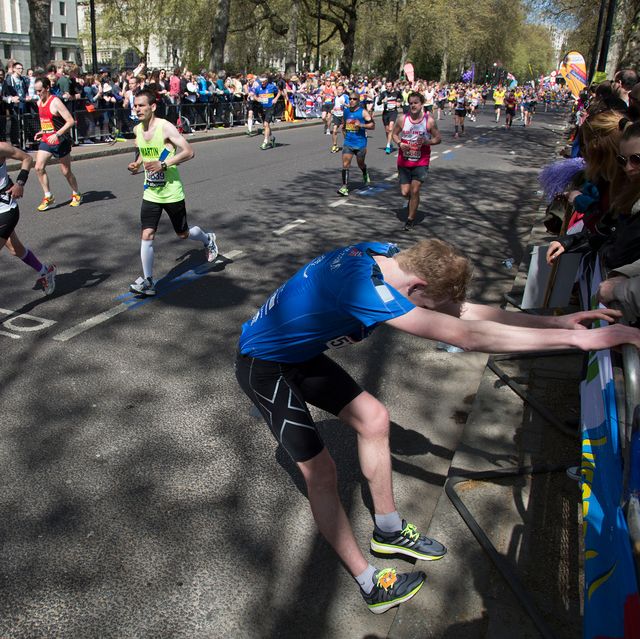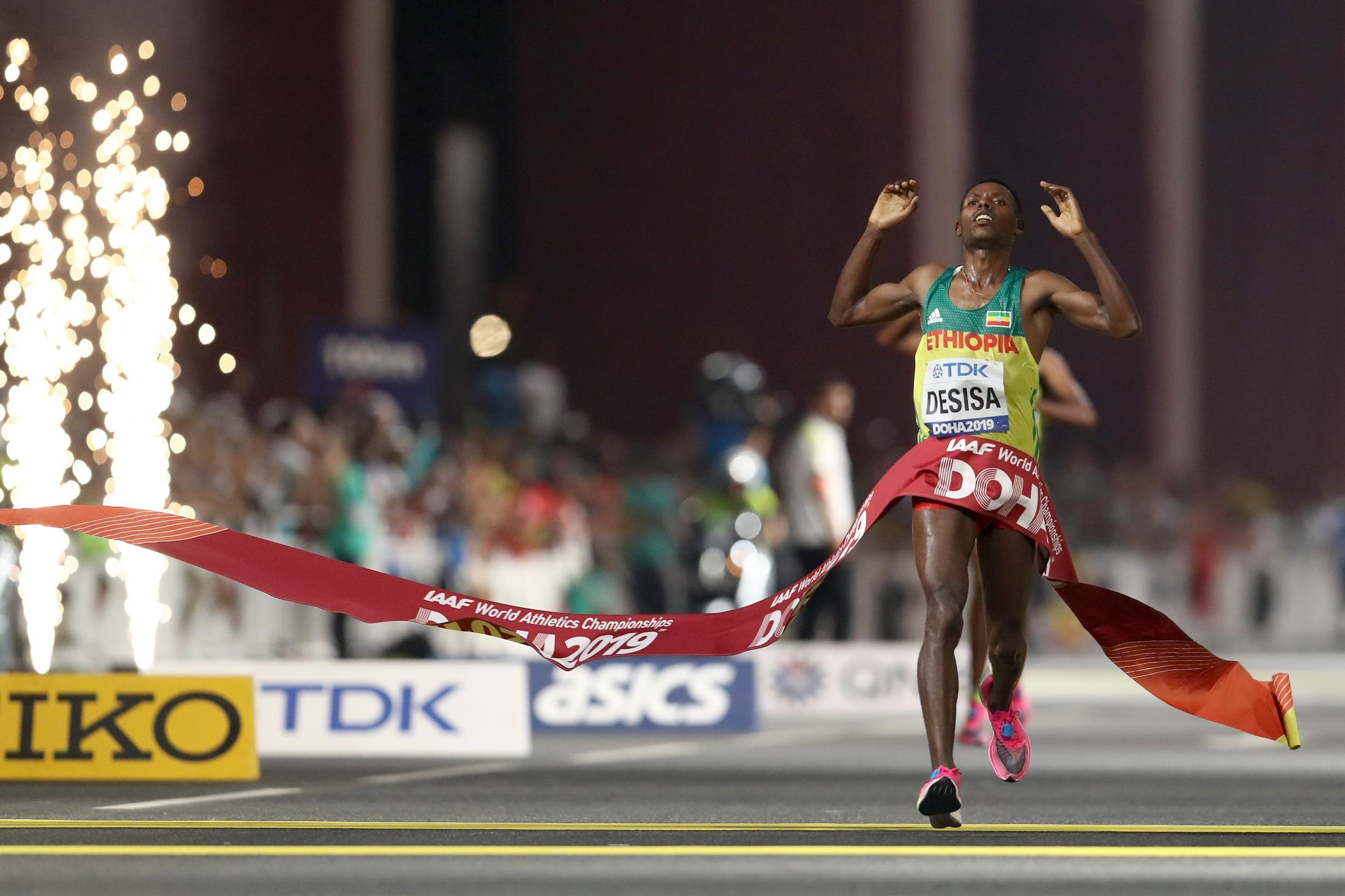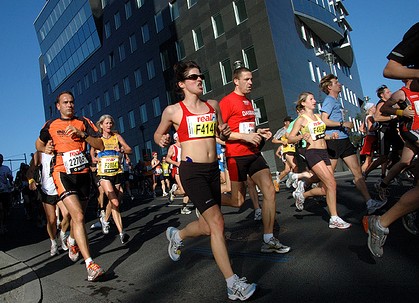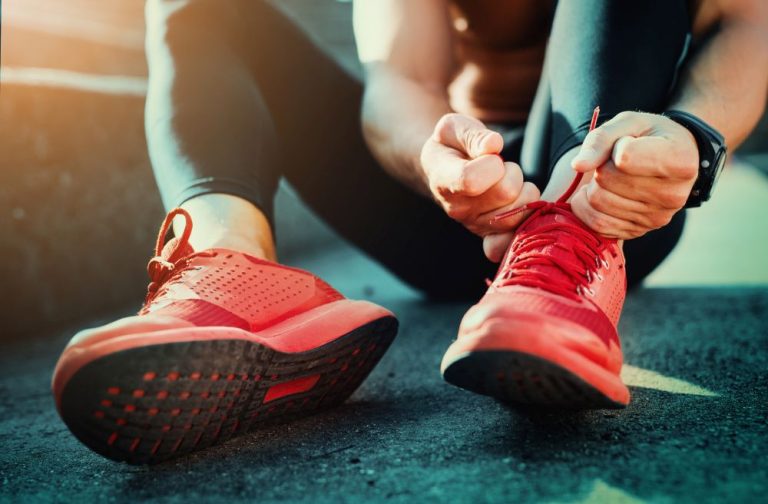What To Eat Before A Half Marathon
To fuel your body for a half marathon, consume a meal rich in carbohydrates and moderate in protein and fats around 2-4 hours before the race. This meal should be easily digestible to prevent any gastrointestinal discomfort during the run.
Preparing for a half marathon requires careful planning, especially when it comes to deciding what to eat beforehand. Proper nutrition plays a crucial role in your performance and stamina during the race. Consuming a balanced meal that consists of complex carbohydrates, lean proteins, and healthy fats will provide you with sustained energy and prevent a hunger crash mid-race.
We will delve into the ideal pre-race meal options and nutritional tips to help you conquer your upcoming half marathon with ease.
Importance Of Pre-race Nutrition
Before embarking on a half marathon, it’s crucial to pay close attention to your pre-race nutrition. The right foods can provide the energy you need to perform at your best and optimize your performance. A well-planned and balanced pre-race meal can be the difference between feeling energized and hitting a wall during your run. Let’s delve into the importance of pre-race nutrition and what you should eat before a half marathon.
Fueling Your Body
Fueling your body with the right nutrients before a half marathon is essential for optimal performance. Carbohydrates are the primary source of fuel for endurance activities, as they provide the energy needed to sustain physical activity. Consuming complex carbohydrates such as whole grains, fruits, and vegetables a few hours before the race can help stock up your glycogen stores, ensuring you have enough fuel to sustain you throughout the run.
Optimizing Performance
Optimizing performance through pre-race nutrition goes beyond simply loading up on carbohydrates. Including a moderate amount of protein in your pre-race meal can aid in muscle repair and recovery during the race. Additionally, consuming a small amount of healthy fats can provide a sustained source of energy, helping to prevent a mid-race energy crash. Hydration is equally important, so be sure to drink plenty of water in the hours leading up to the race to ensure you start properly hydrated.
Macronutrient Ratio For Pre-race Meal
For a successful half marathon, it’s crucial to fuel your body with the right macronutrient ratio in your pre-race meal. A balanced combination of carbohydrates, protein, and healthy fats will provide sustained energy without causing digestive discomfort.
Start of blog content Preparing for a half marathon requires a strategic approach to your pre-race nutrition. One critical factor to consider is the macronutrient ratio of your pre-race meal.Carbohydrates
Carbohydrates are the primary energy source for endurance activities like running. – Opt for complex carbs like whole grains, fruits, and vegetables. – Aim for 3:1 or 4:1 carbohydrate to protein ratio in your pre-race meal.Proteins
Proteins aid in muscle repair and recovery. – Include lean protein sources like chicken, fish, or tofu. – Keep protein intake moderate to avoid gastrointestinal distress.Fats
While fats provide a concentrated source of energy, they digest slower than carbs. – Incorporate healthy fats like nuts, seeds, or avocado. – Limit fat intake close to the race to prevent digestive issues. Maintaining a balanced macronutrient ratio ensures optimal performance and energy levels during your half marathon. Fuel your body right for the race day success! End of blog contentBest Pre-race Meal Options
When it comes to fueling your body before a half marathon, choosing the best pre-race meal options is crucial for optimal performance. Here are some recommended categories to focus on:
Complex Carbohydrates
Quinoa, brown rice, and oats provide long-lasting energy for endurance events like a half marathon.
Lean Proteins
Chicken, turkey, tofu, and fish are excellent sources of protein to aid in muscle recovery and maintenance.
Healthy Fats
Incorporate avocados, nuts, seeds, and olive oil to support heart health and provide sustained energy.
Fruits And Vegetables
Berries, bananas, and leafy greens are packed with vitamins, minerals, and antioxidants for overall wellness.
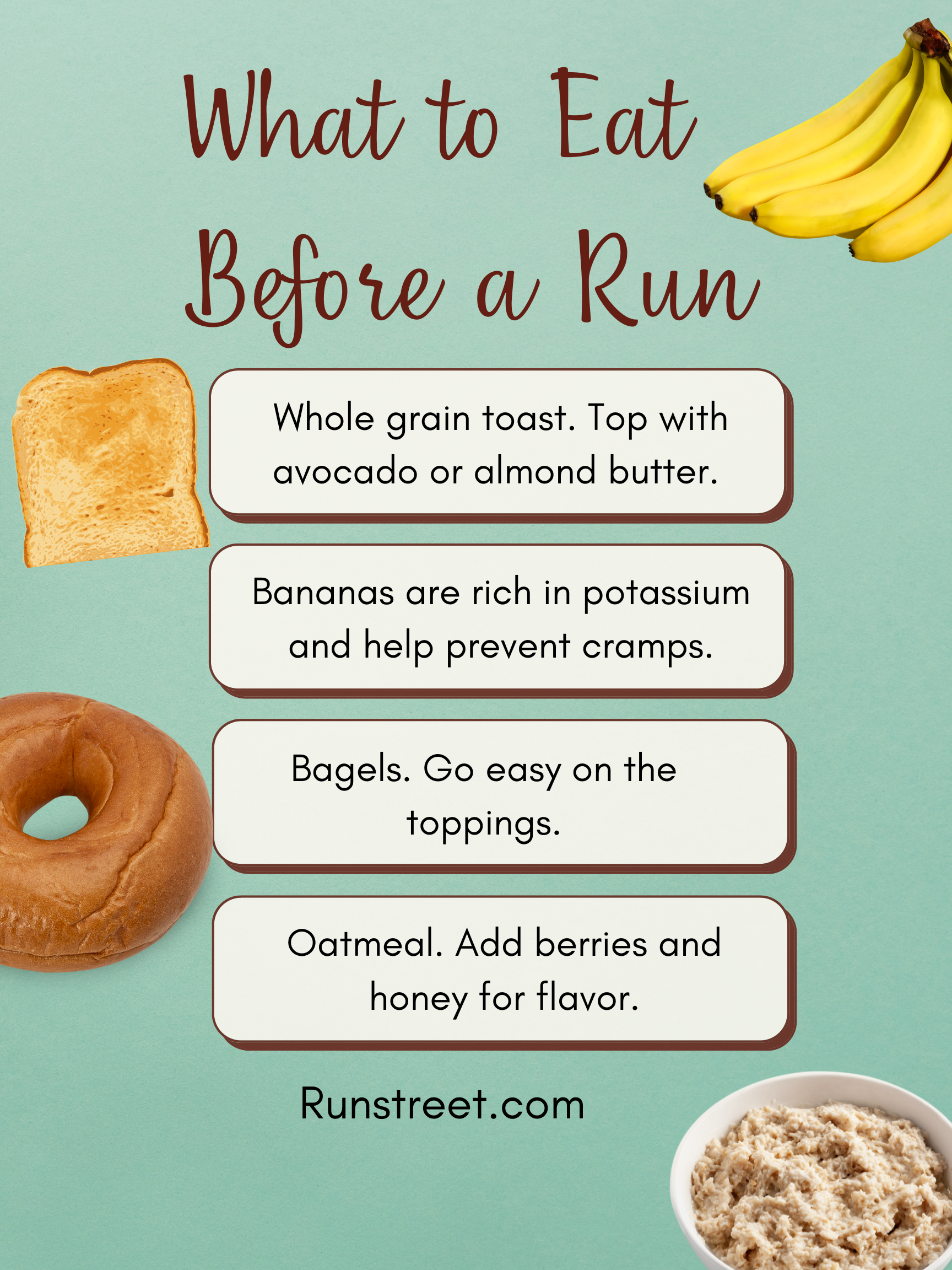
Credit: www.runstreet.com
Timing Of Pre-race Meal
When it comes to preparing for a half marathon, what you consume before the race plays a crucial role in optimizing your performance. Ensuring that your pre-race meal is timed appropriately can help prevent digestive issues and provide the necessary energy for your run.
Meal Timing
Timing your pre-race meal is vital for ensuring that your body has enough time to digest the food and convert it into usable energy. Aim to consume your meal approximately 2-4 hours before the race start time. This will allow adequate time for digestion and help prevent any discomfort while running.
Preventing Digestive Issues
To avoid digestive problems during the race, opt for easily digestible foods for your pre-race meal. Focus on consuming complex carbohydrates, such as whole grain bread, pasta, or rice, as they provide a sustained release of energy. Additionally, include a moderate amount of lean protein and healthy fats in your meal to support muscle function and provide a sense of satiety without causing digestive distress.
Hydration Before A Half Marathon
Hydration Before a Half Marathon:
Hydration is a crucial aspect of preparing for a half marathon. Proper hydration ensures that your body functions optimally and helps prevent dehydration, fatigue, cramping, and dizziness during the race. In this section, we will discuss the importance of hydration before a half marathon and provide you with some hydration guidelines to follow for a successful race.
Importance Of Hydration
Staying hydrated is essential for maintaining your performance and overall well-being during a half marathon. Adequate hydration plays a vital role in regulating body temperature, lubricating joints, transporting nutrients and oxygen to your muscles, and removing waste products from your body.
Dehydration can have detrimental effects on your race performance. It can lead to muscle cramps, poor concentration, decreased coordination, and a decline in overall endurance. Keeping your body hydrated will not only enhance your physical performance but also help you stay mentally focused throughout the race.
Hydration Guidelines
| Milestone | Hydration Recommendations |
|---|---|
| Before the Race |
|
| During the Race |
|
| After the Race |
|
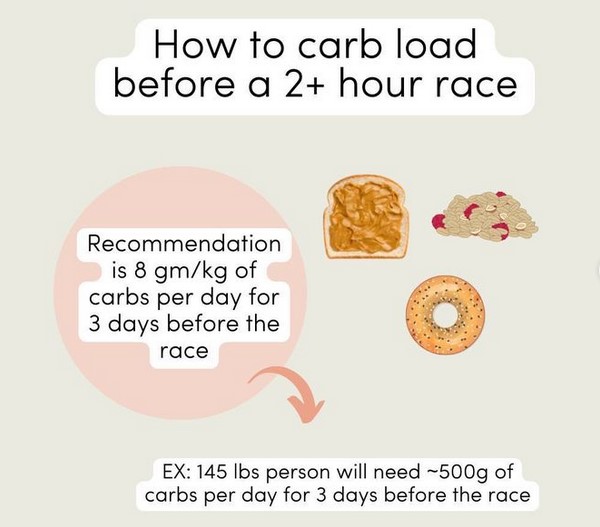
Credit: www.runtothefinish.com

Credit: www.pinterest.com
Frequently Asked Questions On What To Eat Before A Half Marathon
What Should I Eat The Night Before A Half Marathon?
The night before a half marathon, focus on carbs and lean proteins to provide sustained energy.
Is It Better To Eat Before Or After A Half Marathon?
It’s best to eat a light meal 2-3 hours before a half marathon to fuel your body without causing discomfort.
What Are Good Pre-race Snacks For A Half Marathon?
Opt for easily digested snacks like bananas, energy bars, or whole wheat toast with nut butter.
Conclusion
In preparing for a half marathon, fueling your body with the right foods is essential. By focusing on consuming easily digestible carbohydrates, lean proteins, and healthy fats, you can optimize your performance and minimize potential discomfort during the race. Remember, what you eat before a half marathon can make all the difference in your performance.
With proper nutrition and smart choices, you can set yourself up for success on race day. Good luck!

